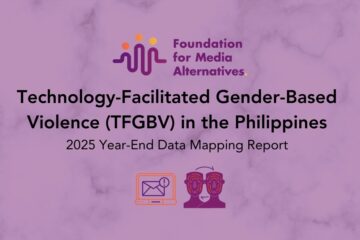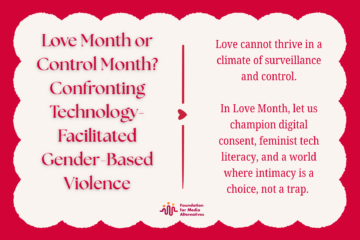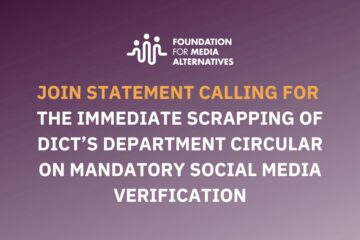Thoughts on Cybersecurity and Internet Governance in the Asia Pacific
On July 25-27, I had the honor of attending the Cybersecurity workshop: spotlight on GCCS (Global Conference on CyberSpace) 2017 organized by Global Partners Digital for civil society organizations in India and the greater Asia Pacific region. It was held at Chulalongkorn University in Bangkok, Thailand in collaboration and co-locating with the Asia Pacific Regional Internet Governance Forum (APrIGF) 2017. The aim of the workshop was to provide participants with knowledge on the regional cybersecurity landscape, with a focus on the upcoming GCCS 2017 and ways to engage.
The workshop provided an opportunity for the participants to identify and discuss the most prominent cybersecurity issues in the Asian region. Some of the issues identified are: increased role of law enforcement, lack of public awareness on cybersecurity issues, unequal distribution of cybersecurity knowledge, rise of authoritarian regimes. Another major aspect that was highlighted is the fact that by their nature, cybercrime and cybersecurity issues don’t respect national borders. This presents challenges in prosecution of cybercrimes across different jurisdictions.
One of my major takeaways from the workshop is the need to shift away from the narrative of ‘balancing’ security and privacy as though they are on opposite sides of a scale. Instead, we should shift discussions to how the two are mutually reinforcing values that are both necessary for social good. I found this particularly relevant to the Philippine context, where measures that undermine citizens’ right to privacy are often justified in the name of national security.
As the last day of the workshop coincided with the first day of APrIGF, I also had the chance to attend a few sessions, such as those on online harassment, queering the Internet, and FMA’s own panel session on open eGovernance. It was refreshing to see all-female panels (or, as one Twitter user suggested, the opposite of a “manel”) in the APrIGF. Having just come from the Stockholm Internet Forum last May, it was also nice to see important discussions on internet governance being led by people and organizations from the Global South and from oft-disenfranchised sectors like women and the LGBTQ community. In fact, one such all-female panel was during the opening plenary, where five female panelists from the region discussed the thematic issues such as access, empowerment, diversity, privacy, security, human rights, and the digital economy.
Overall, I found both the cybersecurity workshop and what little I saw of the APrIGF enriching. The cybersecurity workshop was my first time attending a “writeshop” with a concrete collaborative output, which I believe would be handy for policy consultations. It was also my first time to attend a regional IGF. Industry-wise, I could say that the diversity of participants in both APrIGF and the cybersecurity workshop was commendable. The inclusion of participants from civil society, government, private/business sector, and the tech community highlighted the reality that Internet Governance is not the domain of one sector, but a collaborative and collective endeavor among various stakeholders. In particular, I found that having engineers and security professionals in policy discussions was very helpful and enriched the discussions in a way that would not have been possible if only those from the areas of policy and advocacy took part.



0 Comments